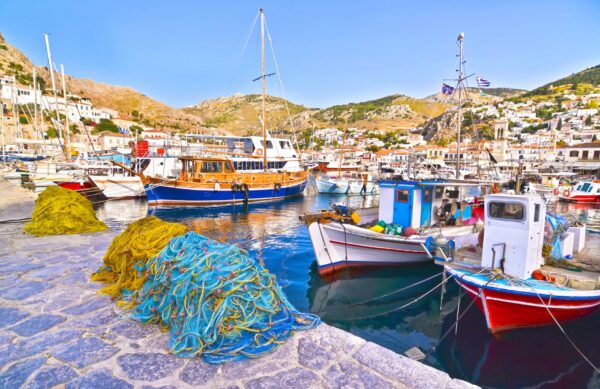The EU Council has officially adopted the Nature Restoration Law, marking the first major piece of legislation aimed at restoring nature in the past thirty years. The regulation allows for the restoration of marine habitats, strengthening biodiversity and climate resilience.
After months negotiations between the EU Council and the European Parliament, Environment ministers adopted the Nature Restoration Law, with Austria clearing a long-standing deadlock following a last-minute change of heart.
The blocked biodiversity legislation – proposed in 2022 – intends to reverse decades of ecosystem degradation. The pioneering regulation will set legally binding targets to restore 20% of the EU’s degraded land and sea ecosystems by 2030 and all ecosystems by 2050.
The European Parliament had adopted the legislation, which requires environmental restoration work to begin on a fifth of land and sea by 2030 and sets long-term targets for returning specific ecosystems to health, following an informal agreement in November 2023 with the EU Council of Ministers.
Support and criticism
Pieter de Pous, an analyst at the climate thinktank E3G, said: “No other part of the world has this little nature left, needed this law more and got so close to not having it.”
Nicolas Fournier, Campaign Director for Marine Protection at Oceana in Europe, said: “Today’s final adoption of the Nature Restoration Law is incredibly important. It will help Europe rebuild nature, enhance climate resilience, particularly of the largest carbon store on the planet – the ocean – by allowing countries to tackle destructive fishing to regenerate marine habitats.”
Ireland’s Minister for Nature, Heritage and Electoral Reform, Malcolm Noonan TD, said: “The future of human civilisation depends entirely on healthy, functioning ecosystems, but these life support systems are declining dangerously. We are in a biodiversity emergency. The Nature Restoration Law will bring unprecedented action and investment to this challenge, and not a minute too soon.”
The final tally showed 20 countries voting in favour of the nature restoration law. Finland, Hungary, Italy, the Netherlands, Poland and Sweden voted against the law, while Belgium abstained. They criticised the cost of the proposal and said it would place too many administrative burdens on them.
In addition to the overarching target for countries to restore 20% of EU land and seas by 2030, there are specifics for the marine environment resulting from the newly adopted EU Law:
- Broad Scope for Marine Restoration: Unlike terrestrial restoration, marine restoration is not restricted to Natura 2000 sites. It can also occur beyond existing Marine Protected Areas.
- Fisheries Management: The law introduces a new Article (14a) focused on fisheries. It mandates that EU countries jointly develop and adopt measures to resolve conflicts between marine restoration goals and harmful fishing practices. By July 2028, they must submit joint recommendations under the Common Fisheries Policy. If there are delays or a failure to submit these recommendations, the European Commission will have the authority to intervene.
The law will be enacted 20 days after being published in the EU Official Journal.
